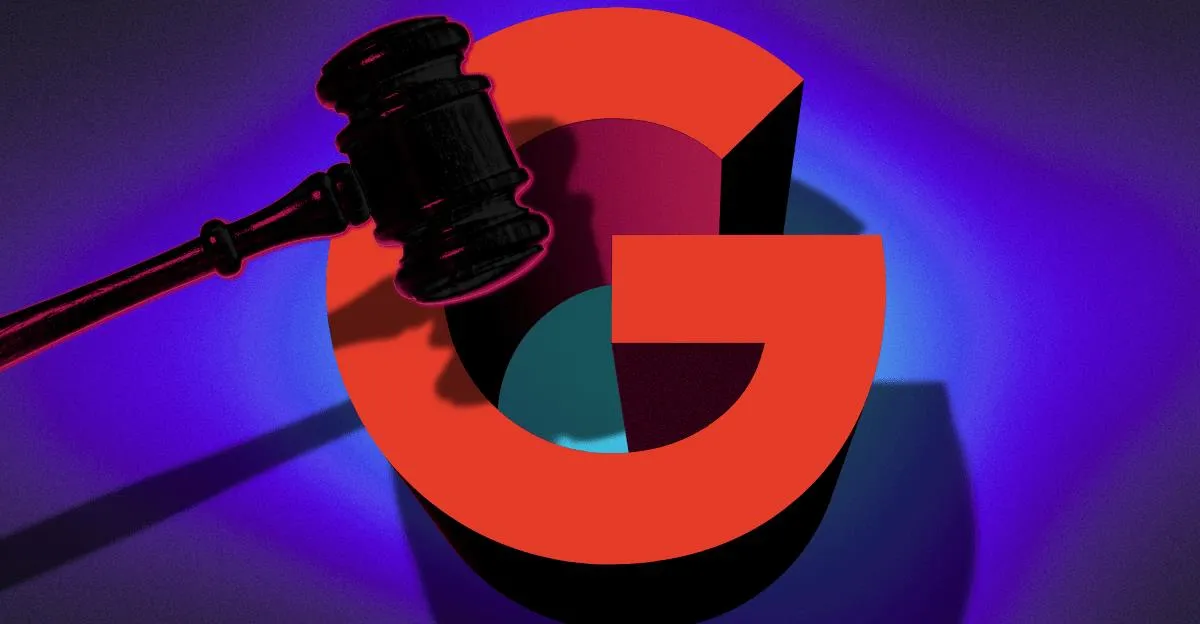
After spending nearly five years defending its business practices, Google is now confronting a significant threat to its empire. The tech giant is engaged in a two-front war that could dramatically alter its operations and open doors for its competitors. Recently, a federal judge ruled that Google is an unlawful monopolist in the online search market, while another judge declared the company has also monopolized the ad tech market.
On Monday, Google will enter a critical phase in its antitrust litigation: a three-week trial in Washington, DC, aimed at determining appropriate remedies to restore competition in the online search arena. Although Google plans to appeal both rulings, it must first navigate through the remedies trials for each case. This allows the U.S. Department of Justice (DOJ) to propose extensive measures, including a potential breakup of the company, in order to enhance competition.
During the trial, the government will advocate for significant changes, such as compelling Google to sell its Chrome web browser, share search data with competitors, and keep authorities informed about new investments in artificial intelligence (AI). Additionally, the DOJ aims to terminate exclusive agreements with browser and phone manufacturers that currently favor Google.
The current legal proceedings represent the most significant antitrust threat faced by a major tech company in the United States in over two decades, reminiscent of the landmark case against Microsoft regarding its PC operating system monopoly. Unlike previous international penalties that Google has faced, the DOJ's requests carry the potential for far-reaching implications that could reshape the tech landscape.
If the DOJ’s proposals are enacted, the partnership between Google and Apple—one of the most profitable collaborations in Silicon Valley—could come to an end. Furthermore, competitors like Microsoft may gain access to valuable data previously monopolized by Google, potentially leveling the playing field in the tech industry.
In the initial phase of the antitrust trials, known as the liability phase, Google maintained that it competes fairly by offering superior products. However, the judges overseeing the upcoming trials have already determined that this defense is insufficient. As a result, Google will now focus on limiting the penalties rather than defending its business practices.
The DOJ argues that serious measures are necessary to dismantle Google's search monopoly, particularly its exclusive deals with Apple, which hinder competition. The company’s ownership of Chrome further solidifies its control over a critical access point for search engines. The popularity of Google Search gives the company a substantial advantage through the vast amounts of query data it collects, data that competitors do not have access to.
The DOJ is keen to implement remedies that are future-proof, ensuring that Google cannot reclaim its monopoly status later on. This includes a focus on AI, which is seen as a potential new frontier for search platforms. Although the government previously backed off from requesting Google to divest its AI investments, it still seeks to mandate that the company notify authorities of any future developments in this area.
In addition to the search remedies trial, Judge Leonie Brinkema will oversee the ad tech remedies trial, although specific dates have not yet been set. Both sides are expected to present their proposals for how Google should adjust its operations. The remedies in this case may be more straightforward than those in the search case, as Brinkema has already agreed with the DOJ’s assertion that Google monopolizes markets through its tightly linked services, including the publisher ad server DFP and the ad exchange AdX.
The government could pursue the separation of one or both services, which, while less dramatic than a Chrome divestiture, would still have significant implications for the internet economy. Making the ad market more competitive could revitalize the open web, providing publishers with more opportunities to monetize their content outside of the larger social networks.
Judge Mehta may issue a ruling on search remedies by the end of the summer, and Brinkema, known for her court's rapid pace, could also schedule a trial and ruling this year. However, Google has indicated its intention to appeal the decisions, which could prolong any tangible changes for years to come. Additionally, the Trump administration's DOJ could opt to settle either case, although several states involved in the lawsuits might pursue remedies independently.
The history of Microsoft’s antitrust case serves as a reminder that significant litigation does not always lead to a breakup. When the case transitioned to the George W. Bush administration in 2001, it was settled with milder remedies. Nevertheless, experts believe that the landscape opened up for new and innovative companies as a result. Ironically, one of the significant beneficiaries of this shift has been Google itself.